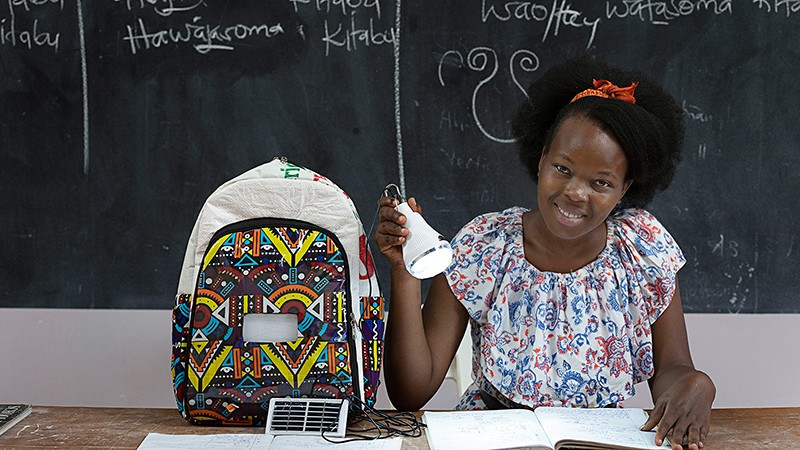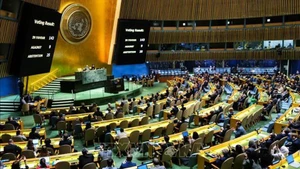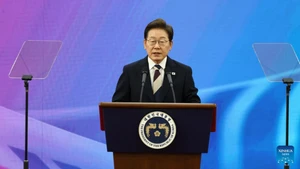On this occasion, the United Nations Population Fund (UNFPA) calls on countries to mobilise the collective strength of all people, to solve current pressing problems.
According to UNFPA, only six countries in the world have more than 50% of female politicians in parliaments. More than two-thirds of the world’s 800 million illiterate people are women.
Meanwhile, a woman dies every two minutes due to pregnancy or childbirth. These figures partly feature a gloomy picture of the current gender equality issue.
UNFPA emphasises that women and girls make up 49.7% of the global population, but the legitimate aspirations and rights of this “half of the world” are often ignored in discussions about demographics. Injustice remains widespread, preventing many women and girls from going to school, working and holding leadership positions.
The root of this situation is gender inequality. In a recently released report, the United Nations stressed that the world has not made progress on gender equality in the past 10 years, as prejudices continue to hinder women’s empowerment.
Although social movements and feminist groups are increasingly popular, social prejudices and negative impacts from the COVID-19 pandemic have restrained the world’s progress in solving the problem of inequality.
Narrowing gender inequality is a big challenge, but just one of many that the world must overcome in its quest to build a sustainable future, for more than eight billion people on earth today.
The United Nations estimates that the global population will reach 9.7 billion people in 2050 and 10.9 billion people in 2100. Not only expanding in quantity, but the quality of the population has also recorded a significant improvement, as average life expectancy has risen and maternal and child mortality rates have fallen significantly.
The average life expectancy of people in the world is expected to increase from 72.8 years in 2019 to 77.2 years in 2050. The above achievements are a testament to the world’s unremitting efforts in health care and improving people’s lives.
However, increasing life expectancy and declining fertility has led to population ageing trends in many countries around the world. According to the Italian National Institute of Statistics (ISTAT), for every 100 Italians aged under 15 in the country, there are 187 aged 65 or above. Population ageing is also a common concern in Japan, the Republic of Korea, Spain, France, and others. The burden of the ageing population not only leads to labour shortage but also poses a difficult problem in maintaining the pension system and social security.
Besides, the world is facing many other pressing problems at the same time, such as conflicts, climate change, inequality, and food crisis. The Intergovernmental Authority on Development (IGAD) warned that the food crisis will affect more and more across East Africa and the Horn of Africa in 2023, as 30 million people will need food assistance.
Meanwhile, conflicts and poverty have also displaced hundreds of millions of people from their homes. A recent report by the United Nations High Commissioner for Refugees (UNHCR) shows that the number of people forced to flee has soared to a record 110 million.
In addition, the world is also witnessing a high degree of urbanisation and increasing migration rates. It is expected that about 66% of the world’s population will live in cities by 2050. This trend has far-reaching effects on the economy, the employment market, income levels, poverty and social protection. It is also an obstacle to efforts to ensure access to health care, education, housing, sanitation, water, food and energy services.
Faced with the above situation, World Population Day 2023 highlights the urgent need to promote gender equality and conveys a message calling on the world to turn challenges into opportunities, to build an increasingly prosperous life for more than eight billion people on the planet.
















